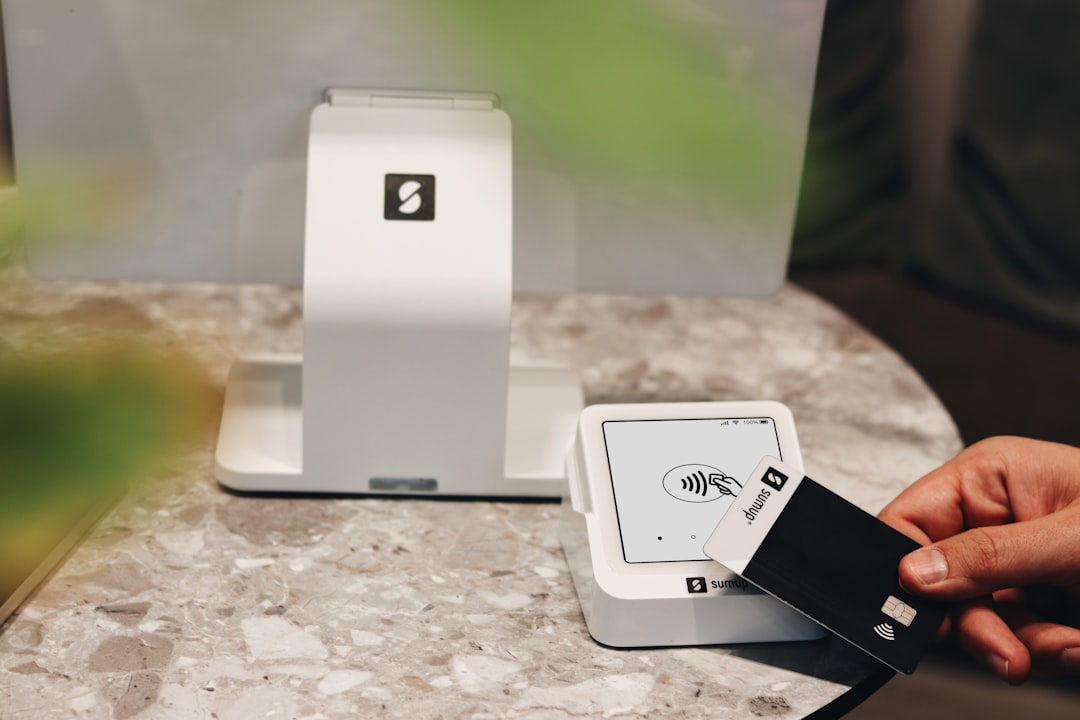North Carolinians can effectively combat spam calls through multiple channels: registering on the National Do Not Call Registry, using built-in smartphone blocking features and apps, and downloading specialized spam-blocking apps. By combining these strategies, residents can drastically reduce unwanted telemarketing and scam calls, enhancing their communication experience and online safety. Learn about these tech-driven solutions to stop spam calls in North Carolina.
In North Carolina, the incessant ringing of unwanted phone calls has become a ubiquitous nuisance. “How to Stop Spam Calls North Carolina?” is a question on many residents’ minds. This article delves into the pervasive issue of spam calls plaguing the state, exploring effective strategies and leveraging technology to reclaim control of your communications. Discover practical steps to silence the constant interruptions and regain peace of mind.
Understanding the Spam Call Problem in North Carolina

In North Carolina, like many other states, residents face a persistent issue with spam calls. These unwanted telephone marketing calls have become a nuisance, overwhelming home and mobile phone lines with prerecorded messages and sales pitches. Understanding how to stop spam calls is a growing concern for folks across the state.
North Carolina’s extensive network of landlines and mobile numbers makes it an attractive target for telemarketers. Spammers often employ automated dialers to make thousands of calls per day, hoping to catch a few willing listeners. To combat this, individuals can take proactive steps like registering their numbers on the National Do Not Call Registry and downloading apps designed to block spam calls. By staying informed about the latest anti-spam measures and sharing knowledge within communities, North Carolinians can collectively reduce the impact of these relentless callers.
Implementing Effective Strategies to Block Unwanted Calls

In North Carolina, dealing with unwanted spam calls can be a nuisance, but there are effective strategies in place to block them. Start by registering your number on the National Do Not Call Registry. This federal list restricts telemarketers from calling residential numbers for marketing purposes. Additionally, most smartphone operating systems offer built-in call blocking features and app integrations that can identify and filter out spam calls. Utilizing these tools creates a robust defense against unwanted callers.
For more tailored protection, consider downloading apps designed specifically to block spam. These applications learn patterns of suspicious activity and adapt to new threats. They often provide advanced filtering options, allowing users to customize their preferences for blocking calls from specific areas or numbers. By combining these methods, residents of North Carolina can significantly reduce the volume of spam calls they receive and enjoy a quieter, more peaceful communication experience.
The Role of Technology in Preventing Spam Calls

In today’s digital era, technology plays a pivotal role in tackling the nuisance of spam calls, which has become a significant challenge for many North Carolinians. Advanced tools and applications offer effective solutions to filter out unwanted callers, providing residents with much-needed relief from relentless marketing calls and scam attempts. One popular method involves using call blocking apps that learn from user feedback and continuously update their databases to identify and block spam numbers.
These applications often utilize machine learning algorithms to analyze calling patterns, allowing them to recognize and automatically reject calls from known spam sources. By implementing such tech-driven solutions, North Carolina residents can gain control over their phone lines and significantly reduce the volume of unwanted interactions. This not only saves time but also contributes to a safer online environment by minimizing the risk of falling victim to fraudulent activities.






